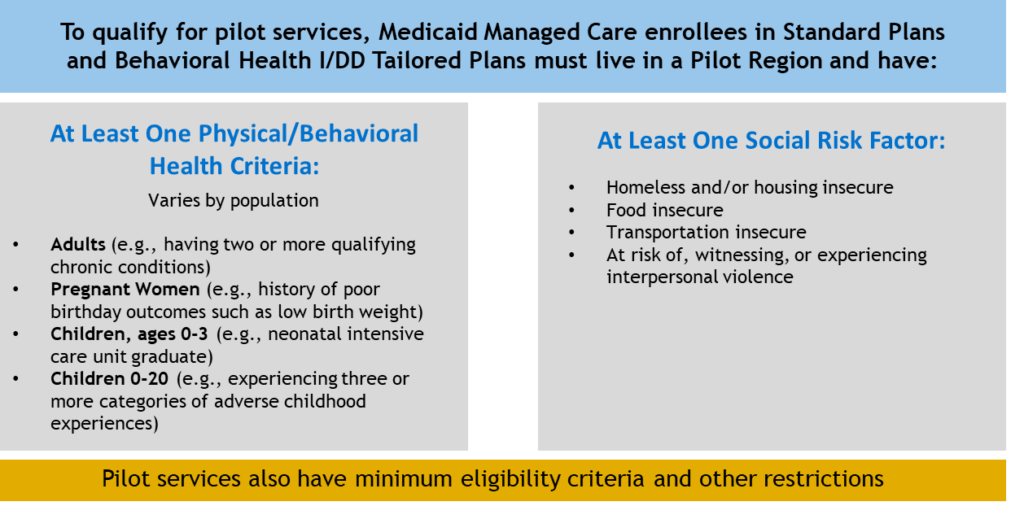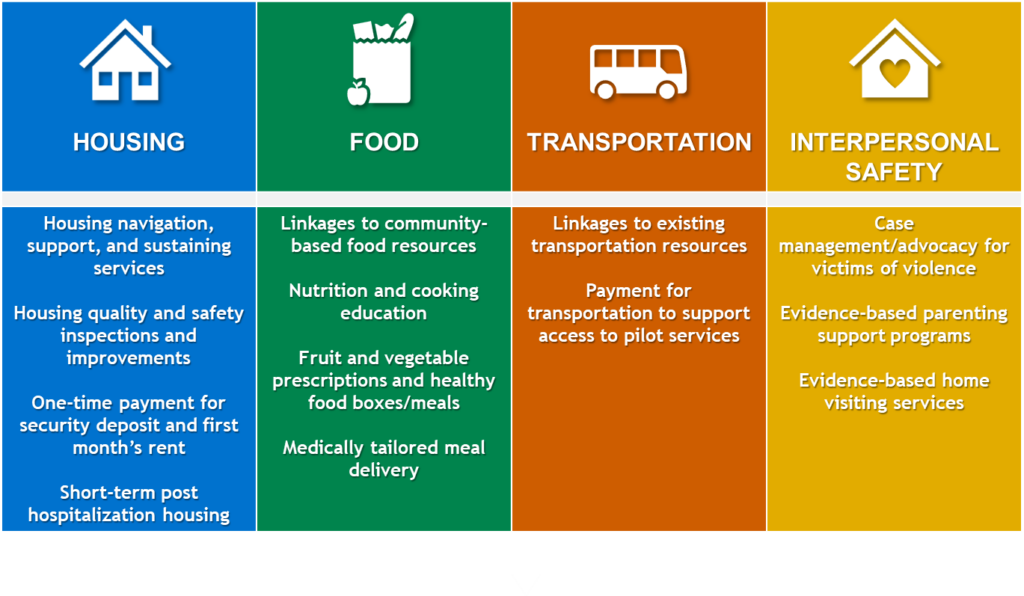
North Carolina’s innovative Healthy Opportunities Pilot (HOP) program is making waves as a groundbreaking approach to healthcare. The pilot, spearheaded by the North Carolina Department of Health and Human Services (NCDHHS), aims to address the social determinants of health by integrating social services with clinical care.
What is the Health Opportunities Pilot?
Launched as the nation’s first comprehensive program of its kind, HOP seeks to evaluate the impact of providing evidence-based, non-medical services to Medicaid beneficiaries. These services include interventions in housing, food, transportation, and interpersonal safety, which are crucial factors influencing overall health and well-being. Pilot Network Leads and regions include:
- Access East, Inc: Beaufort, Bertie, Chowan, Edgecombe, Halifax, Hertford, Martin, Northampton, Pitt
- Community Care of the Lower Cape Fear: Bladen, Brunswick, Columbus, New Hanover, Onslow, Pender
- Impact Health: Avery, Buncombe, Burke, Clay, Graham, Haywood, Henderson, Jackson, Macon, Madison, McDowell, Mitchell, Polk, Rutherford, Swain, Transylvania, Yancey
Who is Eligible?
Eligible individuals must have co-occurring physical/behavioral and social needs and live in a Pilot region. Per the guidelines, the patient must be active in care management to receive HOPs services.

What Services Can Members Receive Through the Pilot?
HOP is designed to provide cost-effective, evidence-based services that address four critical social determinants of health: housing, food, transportation, and interpersonal safety. Examples of these services include:

How to Refer to HOP Pilot?
Once a patient is screened for services, ensuring they meet the proper guidelines, they can be referred to the HOP program. Health Plans and their care managers will determine which services to provide to a pilot enrollee. These services will be delivered by human services organizations.
The Healthy Opportunities Pilot in North Carolina exemplifies a holistic approach to healthcare, recognizing that social factors play a pivotal role in health. By addressing these social determinants, the program is setting a new standard for comprehensive, patient-centered care.

